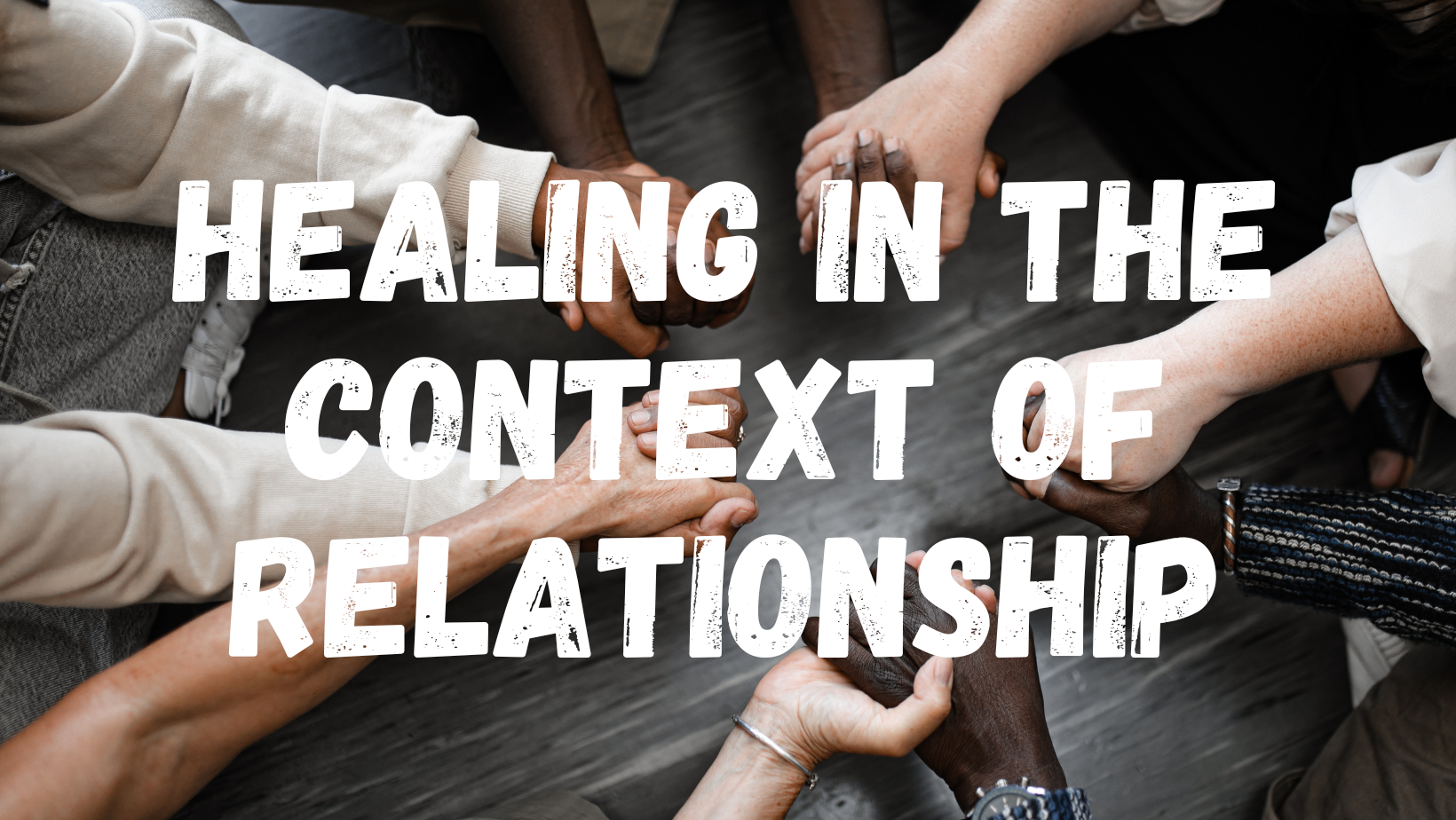Receive Mentoring
Become a Mentor
Our Values:
Core Values: Our 7 Pillars of Practice
All professionals and volunteers of Shelter and Rain are expected to uphold the following pillars in every aspect of their work. These principles ensure that every interaction is rooted in freedom, protection, and restoration.
1. Survivor-Centered
We prioritize the needs, dignity, and autonomy of survivors. Our services aim to support holistic well-being and long-term restoration and stability.
2. Safety and Strength-Based Approach
We recognize the inherent strength, resilience, and capacity of each survivor. Our role is to walk alongside — creating a SAFE environment rooted in allowing survivors to feel Seen, Accepted, Free, and Empowered. Our strength-based approach allows us to offer insight while collaborating with the survivor to support their goals and current needs. Survivors are aware of what they are committing to and are an active participant in their Personal Care Plan.
3. Trauma-Informed
We acknowledge the impact of complex trauma. Our services and conduct aim to minimize re-traumatization and foster emotional safety. Staff and volunteers are accountable for maintaining trauma-informed standards, staying up to date on agency standards for care, and maintaining their own emotional health so as to manage vicarious trauma and their own emotional resilience.
4. Faith Integrated
Survivors have full agency over their spiritual and religious beliefs. Faith integration is seen as a holistic part of recovery and our services that include a faith based component are offered to those clients who desire to pursue deeper spiritual direction in their recovery journey.
5. Confidentiality
Survivor information is strictly confidential. We share information only with the survivor’s informed consent or when legally required.
6. Restorative Relationship Model
Trafficking is marked by exploitative relationships. Our vision is to break cycles of harm through the restorative relationship model. Restorative relationships are marked by healthy boundaries, trauma competency, consistency, authenticity, and celebrating growth no matter how small. Restorative relationships may be mentors, pastors, support groups, or church families.
7. Justice through Compassionate Collaboration
We champion freedom and justice for the exploited through non-judgmental care, non-discrimination, and survivor-centered partnerships.



